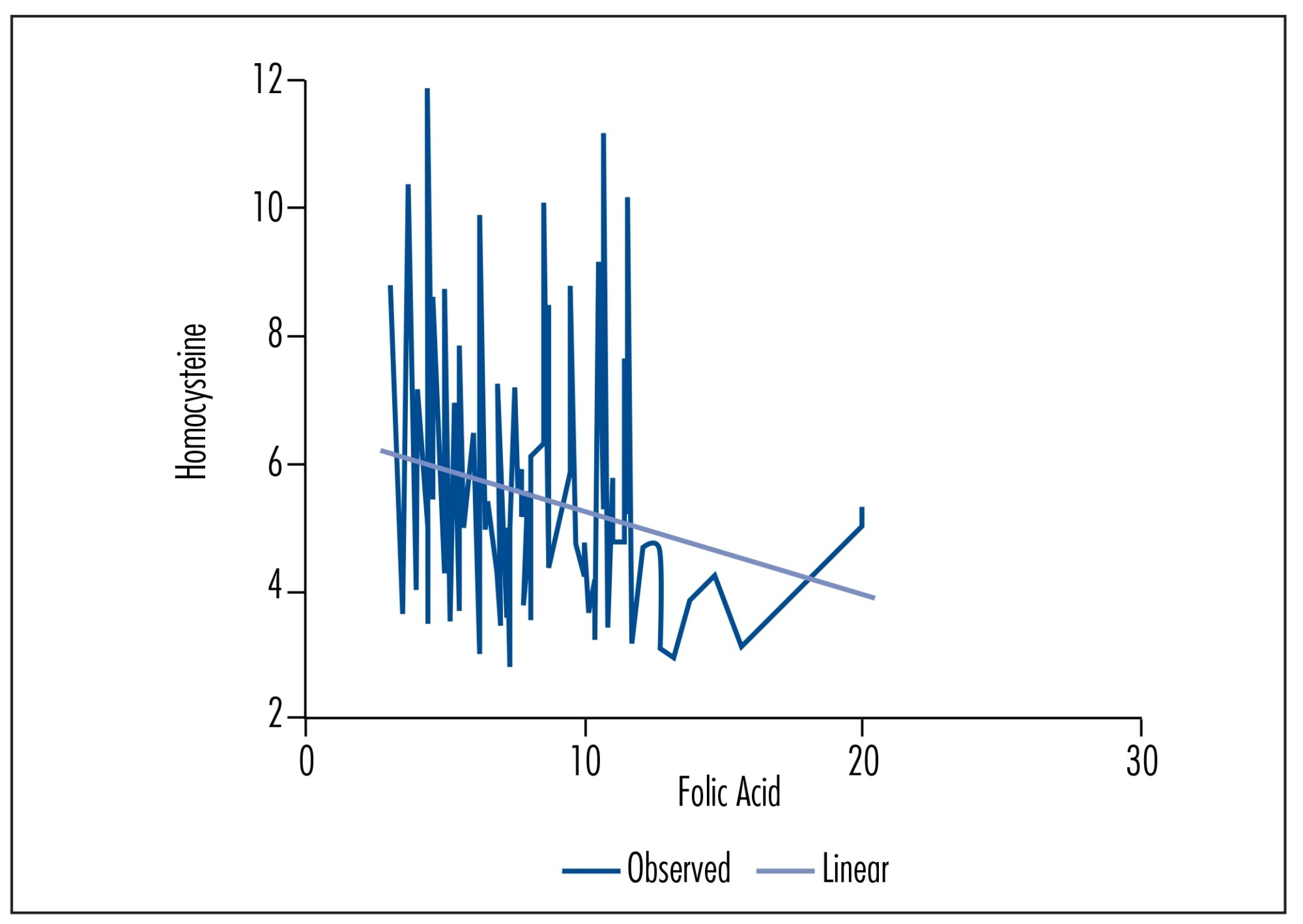-
Original Article/Infertility
The Role of Thyroid Hormones, Vitamins, and Microelements in Female Infertility
Revista Brasileira de Ginecologia e Obstetrícia. 2023;45(11):683-688
12-05-2023
Summary
Original Article/InfertilityThe Role of Thyroid Hormones, Vitamins, and Microelements in Female Infertility
Revista Brasileira de Ginecologia e Obstetrícia. 2023;45(11):683-688
12-05-2023Views387See moreAbstract
Objective
It is well known that female infertility is multifactorial. Therefore, we aimed to compare the effects of thyroid dysfunction, vitamin deficiency, and microelement deficiency in fertile and infertile patients.
Materials and Methods
Between May 1st, 2017, and April 1st, 2019, we conducted a retrospective case-control study with of 380 infertile and 346 pregnant patients (who normally fertile and able to conceive spontaneously). The fertile patients were selected among those who got pregnant spontaneously without treatment, had a term birth, and did not have systemic or obstetric diseases. The levels of thyroid-stimulating hormone (TSH), triiodothyronine (T3), thyroxine (T4), anti-thyroid peroxidase (anti-TPO), vitamin D, vitamin B12, folic acid, ferritin, and zinc of both groups were compared.
Results
There was no difference between patients in the infertile and pregnant groups in terms of low normal and high serum T3 and T4 levels (p = 0.938; p > 0.05) respectively, nor in terms of normal and high anti-TPO levels (p = 0.182; p > 0.05) respectively. There was no significant difference regarding patients with low, insufficient, and sufficient vitamin D levels in the infertile and pregnant groups (p = 0.160; p >0.05) respectively. The levels of folic acid, ferritin, and zinc of the infertile group were significantly lower than those of the pregnant group.
Conclusion
The serum levels of folic acid, ferritin, and zinc in infertile patients presenting to our outpatient clinic were lower than those o the fertile patients.
-
Artigos Originais
Metabolism and gene polymorphisms of the folate pathway in Brazilian women with history of recurrent abortion
Revista Brasileira de Ginecologia e Obstetrícia. 2015;37(2):71-76
02-01-2015
Summary
Artigos OriginaisMetabolism and gene polymorphisms of the folate pathway in Brazilian women with history of recurrent abortion
Revista Brasileira de Ginecologia e Obstetrícia. 2015;37(2):71-76
02-01-2015DOI 10.1590/SO100-720320140005223
Views64See morePURPOSE:
To investigate the association between polymorphisms in genes that encode enzymes involved in folate- and vitamin B12-dependent homocysteine metabolism and recurrent spontaneous abortion (RSA).
METHODS:
We investigated the C677T and A1298C polymorphisms of the methylenetetrahydrofalate reductase gene (MTHFR), the A2756G polymorphism of the methionine synthase gene (MS) and the 844ins68 insertion of the cystathionine beta synthetase gene (CBS). The PCR technique followed by RFLP was used to assess the polymorphisms; the serum levels of homocysteine, vitamin B12 and folate were investigated by chemiluminescence. The EPI Info Software version 6.04 was used for statistical analysis. Parametric variables were compared by Student's t-test and nonparametric variables by the Wilcoxon rank sum test.
RESULTS:
The frequencies of gene polymorphisms in 89 women with a history of idiopathic recurrent miscarriage and 150 controls were 19.1 and 19.6% for the C677T, insertion, 20.8 and 26% for the A1298C insertion, 14.2 and 21.9% for the A2756G insertion, and 16.4 and 18% for the 844ins68 insertion, respectively. There were no significant differences between case and control groups in any of the gene polymorphisms investigated. However, the frequency of the 844ins68 insertion in the CBS gene was higher among women with a history of loss during the third trimester of pregnancy (p=0.003). Serum homocysteine, vitamin B12 and folate levels id not differ between the polymorphisms studied in the case and control groups. However, linear regression analysis showed a dependence of serum folate levels on the maintenance of tHcy levels.
CONCLUSION:
The investigated gene polymorphisms and serum homocysteine, vitamin B12 and folate levels were not associated with idiopathic recurrent miscarriage in the present study. Further investigations are needed in order to confirm the role of the CBS 844ins68 insertion in recurrent miscarriage.



